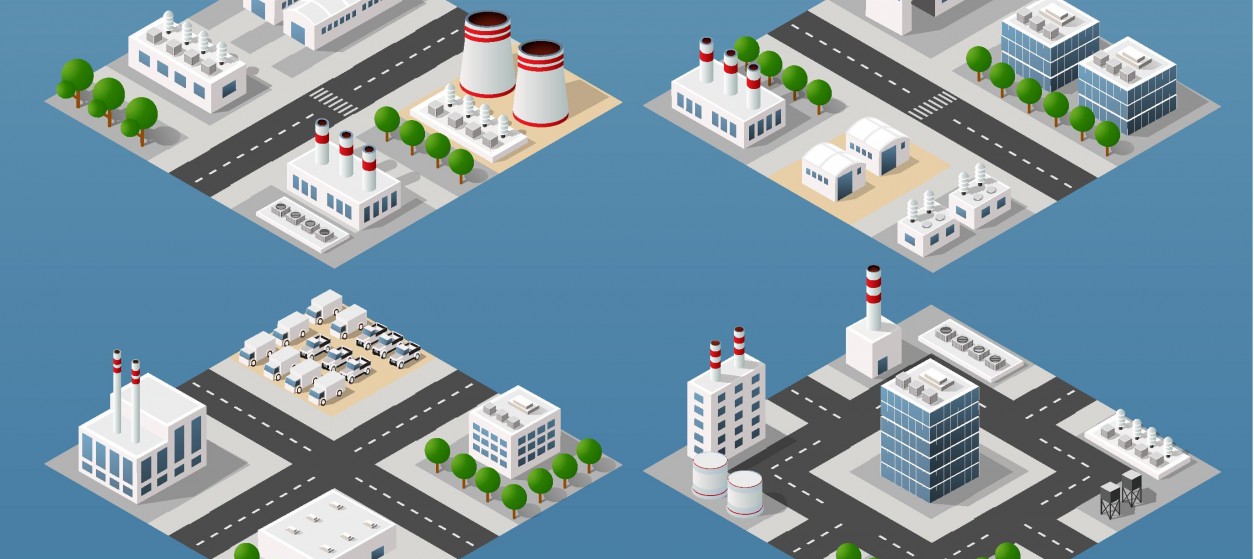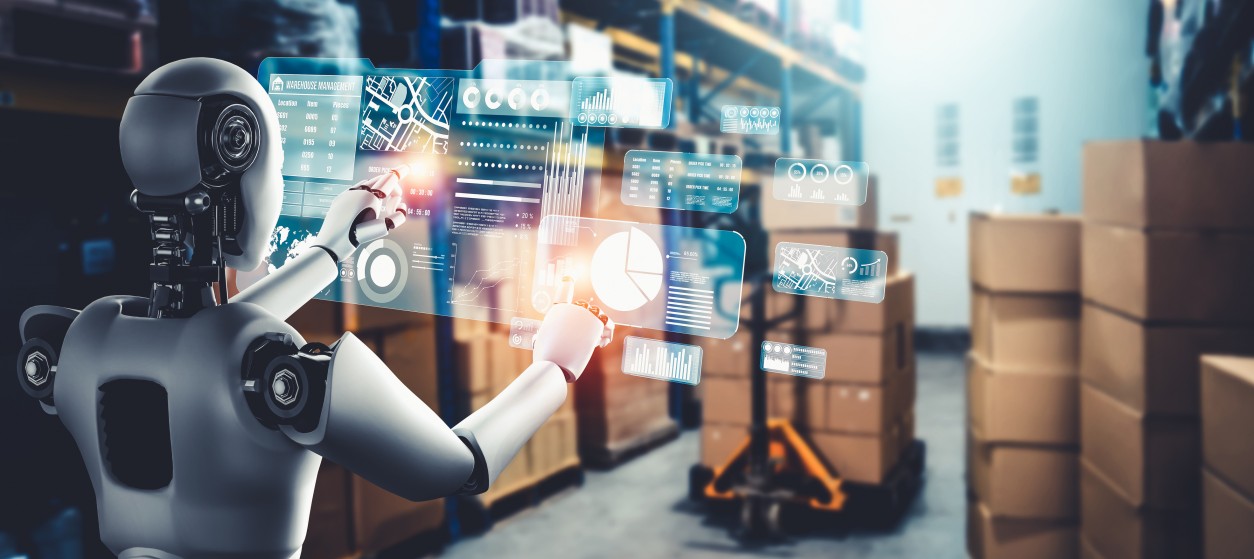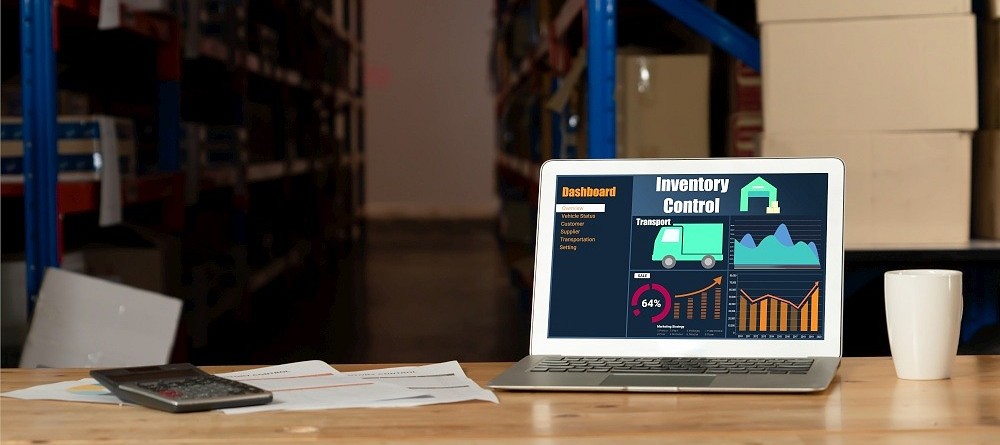In today’s fast-paced, globalized world, businesses are increasingly embracing digital transformation to stay competitive. Enterprise Resource Planning (ERP) systems are among the main pillars of corporate business transformation by enabling modern enterprises to streamline their business processes based on integrated management of data that alleviates the fragmentation of siloed applications. Baseline ERP infrastructures have been around for over two decades, yet they are constantly improving in terms of scalability, versatility, and functionality. In recent years, one of the most significant advancements in the ERP space is the rise of mobile ERP solutions. These systems allow employees to access critical ERP functionalities from their mobile devices. This enables real-time decision-making and provides operational flexibility. Nowadays, the emergence and the rise of mobile EPR systems is driven by a wide array of work trends that relate to enterprise and employee mobility.
Mobility Trends Driving the Need for Mobile ERP Solutions
Several mobility trends have accelerated the adoption of mobile ERP solutions:
- Remote Work and Work-from-Anywhere Culture: The COVID-19 pandemic fundamentally changed how businesses operate. With lockdowns and social distancing measures in place, many organizations were forced to adopt remote work models. Even as the pandemic subsides, remote work has become a permanent fixture in many industries giving rise to hybrid work models that combine work from home and work from office. Most importantly, many employees now expect flexibility to work from anywhere, whether at home, in a café, or while traveling. Mobile ERP solutions address this need by allowing employees to access essential business data and processes from their smartphones or tablets. This ensures that critical operations such as financial management, supply chain tracking, and customer relationship management (CRM) can continue uninterrupted, regardless of time and the employees’ location.
- Mobile Workforces: In addition to remote work, there are industries (e.g., field services, construction, sales, oil and gas, mining) that have always relied on mobile workforces. Employees in these sectors are constantly on the move and require access to real-time data to perform their jobs. Mobile ERP enables them to check inventory levels, update project statuses, or manage customer interactions on the go.
- Bring Your Own Device (BYOD): BYOD policies allow employees to use their personal devices for work purposes. This trend has gained traction due to its cost-saving benefits for companies and the convenience it offers employees. However, it also introduces challenges related to security and device compatibility. Modern mobile ERP solutions come with robust security features that can help mitigate these risks and ensure that sensitive business data is protected even when accessed from personal devices.
- Demand for Real-Time Data Access: In today’s competitive landscape businesses need access to real-time data in order to make informed decisions. Whether it is monitoring sales performance or tracking supply chain disruptions, access to up-to-the-minute information is important for accuracy, agility and responsiveness. Mobile ERP solutions provide this capability based on their seamless integration with core business systems, which enables them to deliver real-time insights directly to employees’ mobile devices.
Mobile ERP Solutions to Address Mobility Trends
Mobile ERP solutions can integrate and streamline data and processes across various departments within an organization. Here is how they address the above-mentioned mobility trends:
- Real-Time Data Access: Mobile ERP systems allow employees to access real-time data from any location. This ensures that decision-makers have up-to-date information at their fingertips, which enables faster response times and more informed decisions. For example, sales teams can check inventory levels before making promises to customers, while managers can monitor project progress in real time.
- Enhanced Collaboration: With mobile ERP solutions, employees can collaborate seamlessly across departments and locations. Whether it is sharing customer information between sales and marketing teams or coordinating supply chain activities between warehouses and suppliers, mobile ERP promotes better communication and collaboration within an organization.
- Improved Customer Service: Mobile ERP systems empower customer service teams by providing them with instant access to customer data, order histories, and service requests. This allows them to respond more quickly to inquiries and resolve issues efficiently. Ultimately, these benefits are reflected in improved customer satisfaction.
- Flexibility and Agility: Mobile ERP solutions enable employees to access business processes from their mobile devices. This provides organizations with greater flexibility and agility, which is particularly important in industries where market conditions can change rapidly. For instance, manufacturers can nowadays adjust production schedules based on real-time demand data accessed through mobile ERP systems.
Challenges of Mobile ERP Solutions
While mobile ERP offers numerous benefits, they also present several challenges, including:
- Security Risks: One of the most significant challenges of mobile ERP is ensuring data security. Mobile devices are inherently more vulnerable than desktop computers due to their portability and their frequent connection to public Wi-Fi networks. To mitigate these risks organizations should implement strong authentication methods such as multifactor authentication (MFA). Moreover, data encryption should be applied at both at rest and in transit. Also, role-based access controls can be used to limit users’ access based on their job responsibilities. Companies should also consider deploying mobile device management (MDM) solutions that allow IT teams to remotely wipe sensitive data in cases where a device is lost or compromised.
- User Interface (UI) Challenges: Designing a user-friendly interface for complex ERP functionalities on small screens can be challenging. Employees may struggle with navigating intricate workflows on mobile devices, especially in cases where the interface is not optimized for ease of use. To overcome this challenge developers should focus on simplicity when designing mobile interfaces. Features should be streamlined so that only essential functions are available on mobile devices. Furthermore, regular feedback from users can help improve the UI over time.
- Device Compatibility: The diversity of mobile devices—ranging from smartphones with different screen sizes to tablets running various operating systems—can pose compatibility issues for mobile ERP applications. Ensuring that the software works seamlessly across all platforms requires careful planning and testing during development. Organizations should standardize device usage where possible or invest in cross-platform development tools that ensure consistent performance across devices.
- Cost of Mobile Devices: BYOD policies must support multiple devices across different platforms, which incur additional costs for some organizations. Also, organizations may need to invest in new infrastructure or middleware solutions to ensure seamless integration between mobile devices and existing ERP systems.
- Connectivity Issues: Mobile ERPs rely heavily on internet connectivity for real-time data synchronization. Poor network connections can disrupt workflows or lead to inaccurate data being displayed on users’ devices. To address this, offline capabilities should be built into mobile ERP applications so that employees can continue working even without an internet connection. Once connectivity is restored, the system should automatically synchronize any updates made offline.
The Future of Mobile ERP Solutions
As mobility trends like remote work are likely to intensify the future of mobile ERP looks promising in the following directions:
- Artificial Intelligence (AI) Integration: AI-powered analytics will become a standard feature in future mobile ERPs—enabling predictive insights based on real-time data.
- 5G Connectivity: The rollout of 5G networks will significantly improve connectivity speed towards enhancing the performance of mobile ERPs by reducing latency issues.
- Augmented Reality (AR): AR could be integrated into mobile ERPs to allow field workers and technicians wearing AR glasses to view real-time instructions overlaid onto machinery parts. This is particularly useful in the scope of repair and maintenance tasks.
Overall, we can safely predict that mobile ERPs will continue to transform how businesses operate by providing unprecedented flexibility while addressing modern workplace demands like remote workforces and BYOD policies.











I do agree with all of the concepts you have offered for your post. They’re really convincing and can certainly work. Still, the posts are very quick for novices. Could you please prolong them a little from subsequent time? Thank you for the post.
https://www.stoneybrookelevators.ca/markets/stocks.php?article=marketersmedia-2023-12-14-kaizenaire-expands-network-of-collaboration-with-top-universities-in-the-philippines-to-enable-singapore-business-access-to-an-ever-widening-pool-of-top-tier-talent
Youre so cool! I dont suppose Ive learn anything like this before. So nice to seek out somebody with some original thoughts on this subject. realy thanks for starting this up. this web site is one thing that’s wanted on the net, someone with a little originality. helpful job for bringing one thing new to the internet!
https://www.smortergiremal.com/
because of hybrid work mode everything was changed. The persons who wants real time data they are getting those on their personnel systems, go and check https://www.speraspect.com